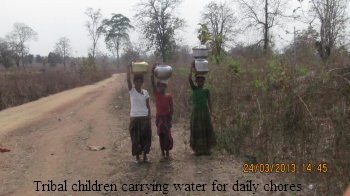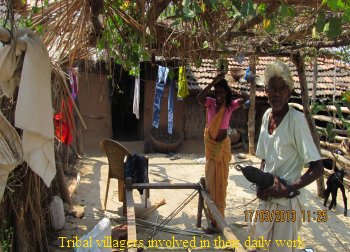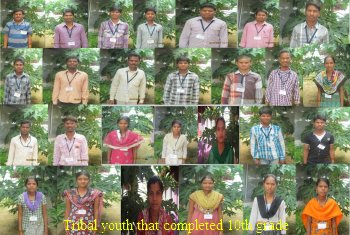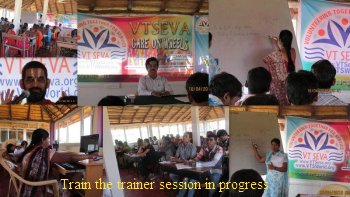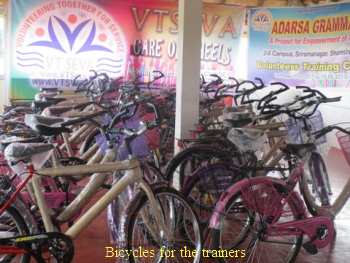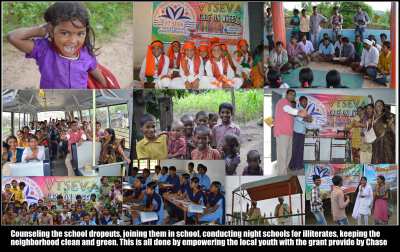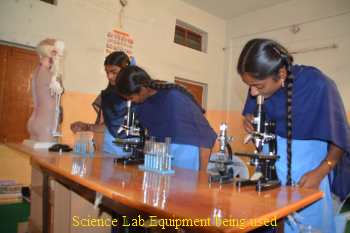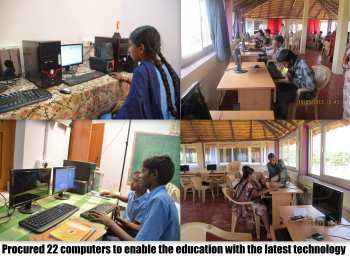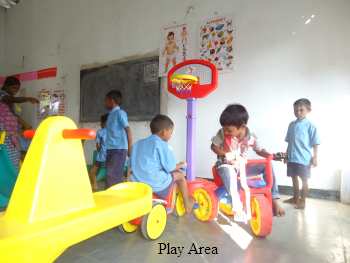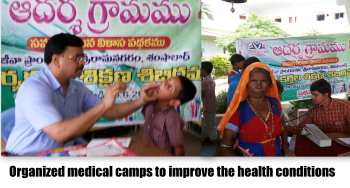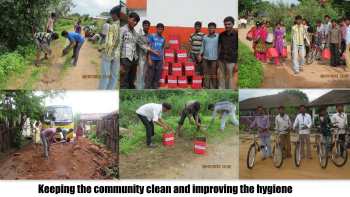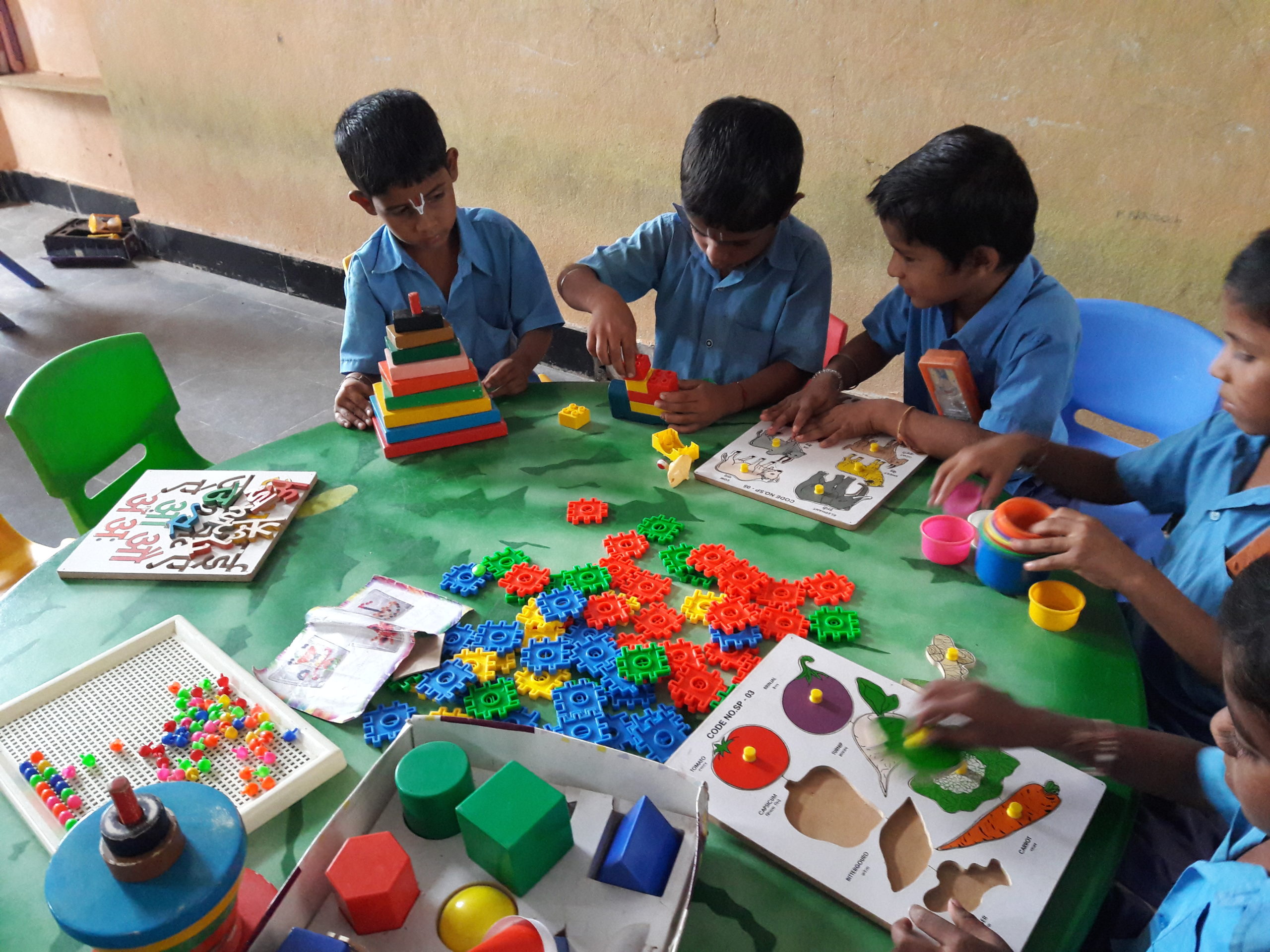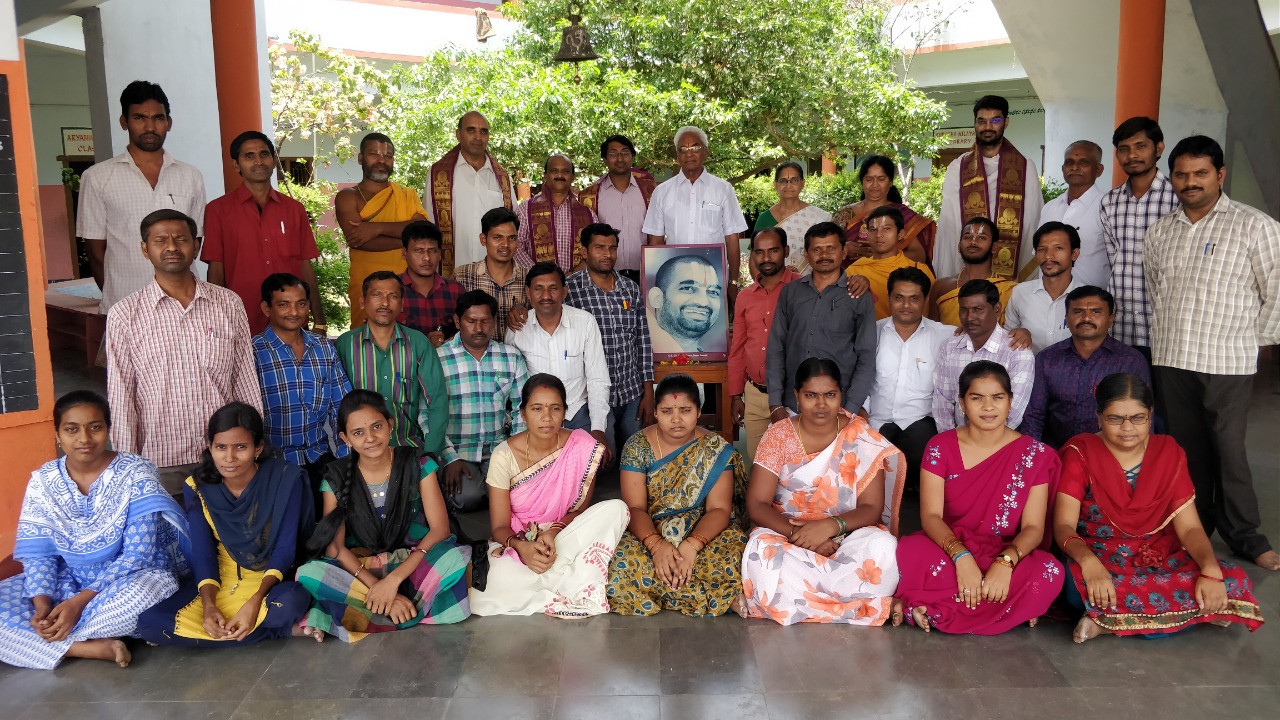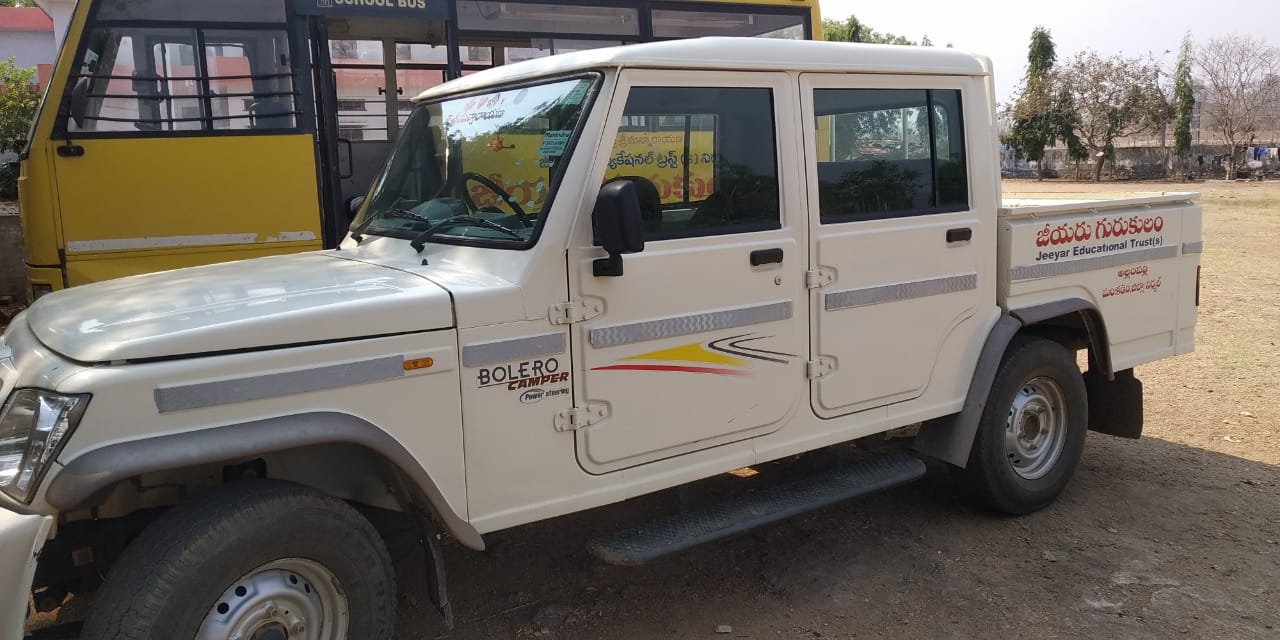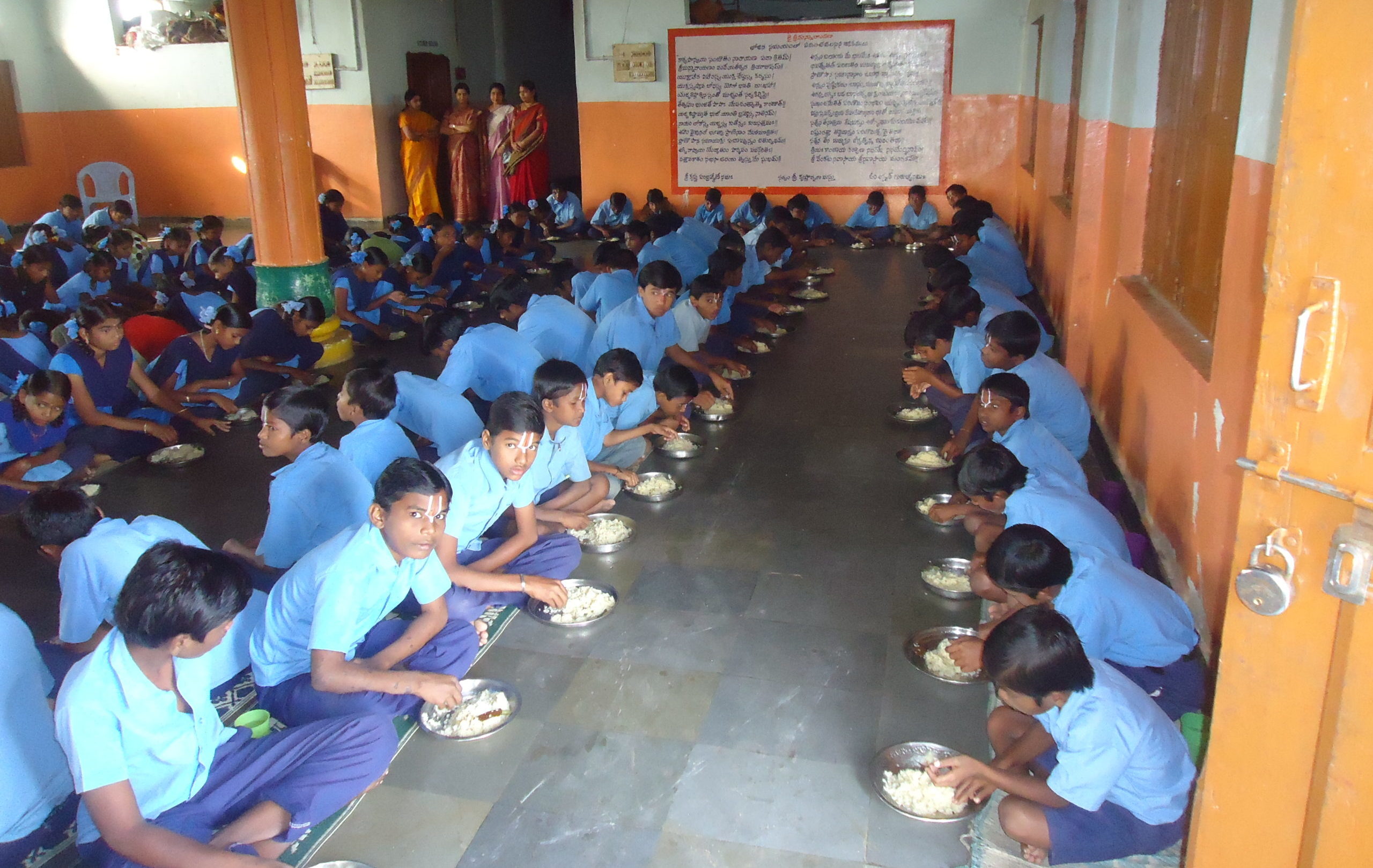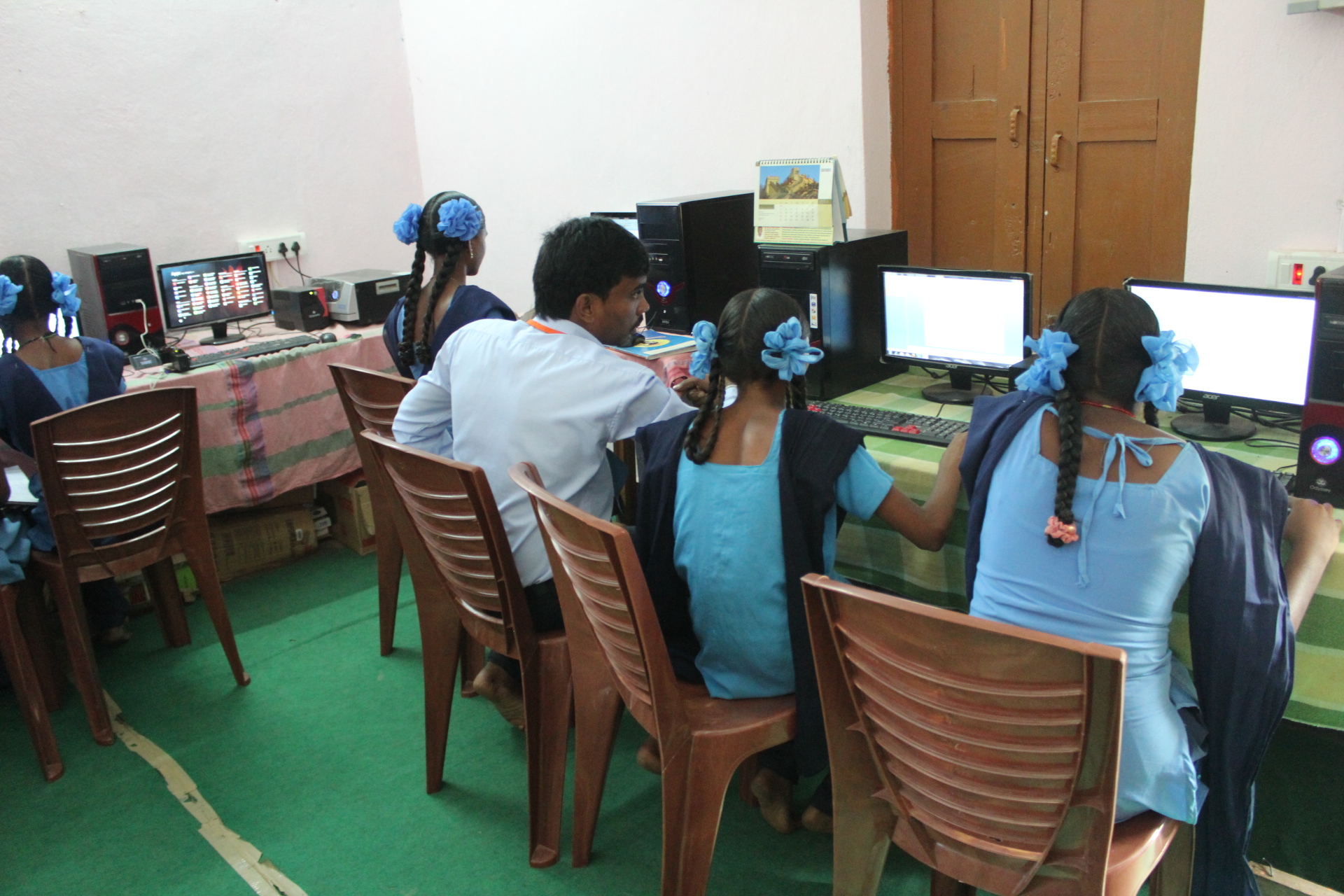Project Description
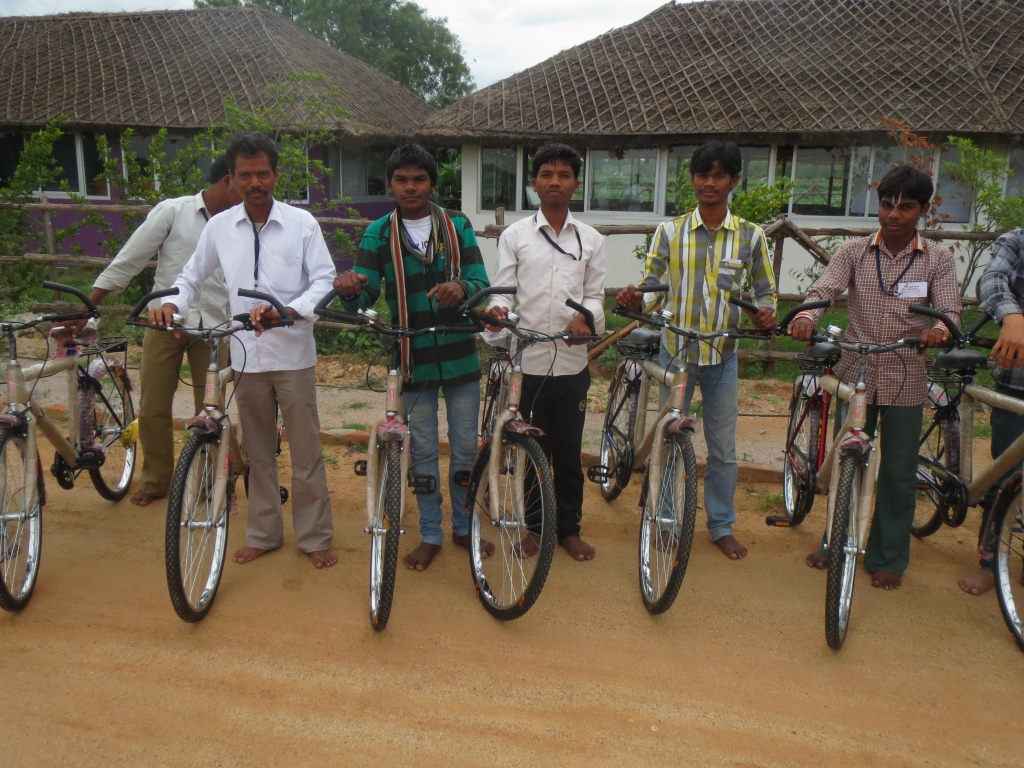
VT Seva believes that everyone deserves a better life. The grant from Chase Community Giving was utilized to support ‘’Care on Wheels’’ (Called as “Adarsa Gramam” in local language) and “Equip the underprivileged children with better Educational facilities and Technology” projects. VT Seva is striving hard and working diligently as per the project guidelines. Chase Community Giving made a great impact in changing the lifestyle of underprivileged by uplifting them.
Thank You “Chase” for the support in making the lives of the underprivileged tribal villagers much better!
Using Chase Community Grant of $100,000, VT Seva funded two projects:
-
“Care on Wheels” (Called as “Adarsa Gramam” in local language)
-
“Equip the underprivileged children with better Educational facilities and Technology.”
High-level accomplishments
Using the Chase grant, VT Seva made a strong impact in the lives of thousands of underprivileged –
Implementation Plan : VT Seva recruited 26 tribal youth (who have at least completed 10th grade and are natives of project location) to own and better their community.
Training : Trained the facilitators in a structured manner at a centralized location (Hyderabad, AP, India). Provided Neuro Linguistic program (NLP), which deals with communication skills, body and mind synchronization, teamwork, applicability, convincing skills, leadership skills and etiquette. It was followed by training in various topics such as moral values, first aid, computers, hygiene, tribal welfare and protection of forests by subject matter experts.
Provided resources for on-field work such as bicycles, mikes & speakers, cameras, and educational material.
On-Field Survey and Analysis
The facilitators were sent to the project location with clear objectives for detailed surveys so that we understand the situation clearly. They got the detailed surveys done in 100 gudems by engaging a team of 3 to 10 gudems each.
Data Mining
Assessed the data gathered and formulated plans to implement the project after brainstorming.

